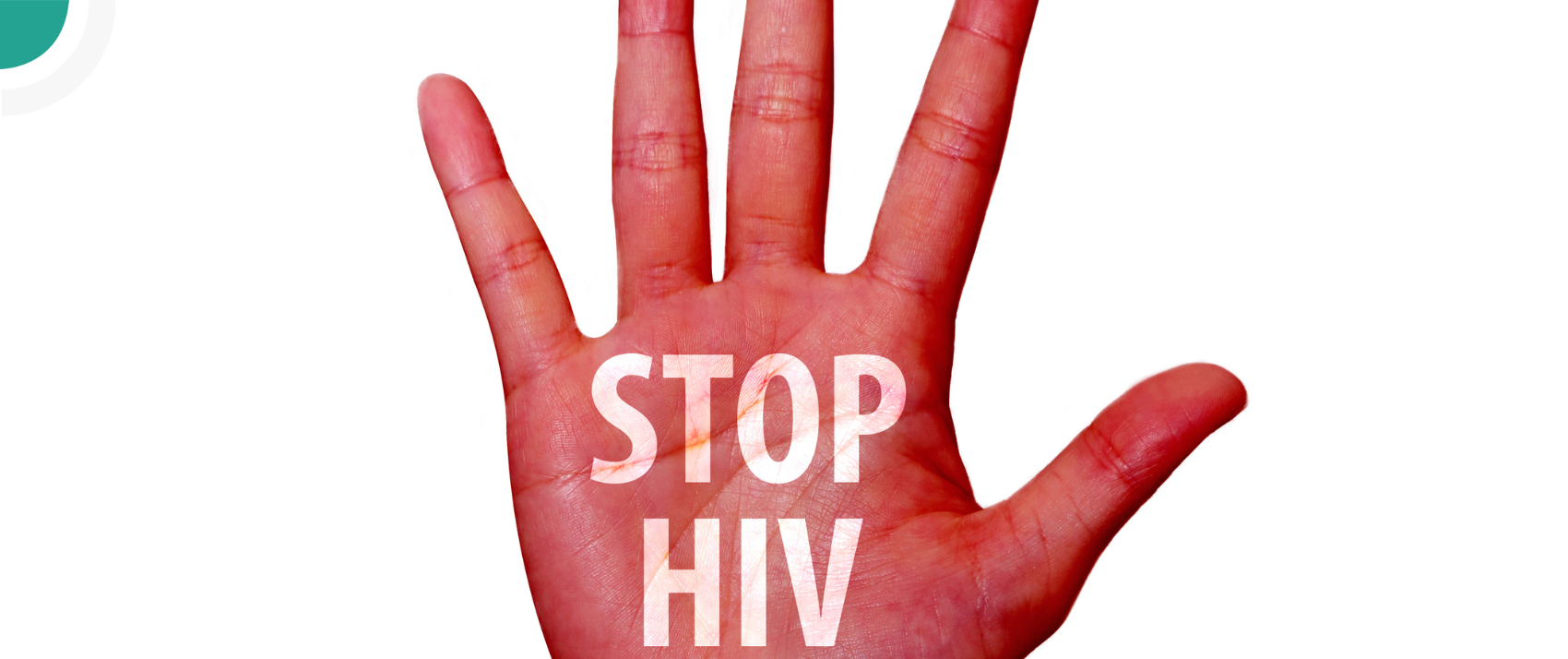World AIDS Day on December 1st stands as a powerful reminder of solidarity in the fight against HIV/AIDS and a beacon of hope for those living with the condition. While advancements in medical science have transformed HIV/AIDS from a once life-threatening disease to a manageable condition, the significance of a healthy lifestyle and exercise in enhancing the quality of life for those living with HIV/AIDS cannot be overstated.
Living with HIV/AIDS necessitates a multifaceted approach to health, encompassing not only medical treatment but also lifestyle choices that bolster overall well-being. Adopting a healthy lifestyle, including a balanced diet, stress management, and regular exercise, plays a pivotal role in managing the condition and optimising one’s health.
Benefits of a Healthy Lifestyle for Individuals with HIV/AIDS:
- Immune System Support: A nutritious diet rich in fruits, vegetables, whole grains, and lean proteins aids in bolstering the immune system, essential for individuals with HIV/AIDS. Nutrient-dense foods provide the body with the necessary vitamins and minerals to fight infections and maintain optimal health.
- Medication Efficacy: A healthy lifestyle complements antiretroviral therapy (ART) by supporting medication effectiveness. Good nutrition helps the body absorb and utilise medications efficiently, maximising their benefits.
- Mental Well-being: Managing stress through techniques like meditation, mindfulness, or engaging in hobbies can positively impact mental health. A calm mind and reduced stress levels contribute to overall well-being and support the body’s immune response.
Exercise and its Significance for Individuals Living with HIV/AIDS:
Regular physical activity holds immense value for individuals living with HIV/AIDS. Contrary to common misconceptions, engaging in exercise has shown numerous benefits for this population:
- Enhanced Immune Function: Exercise has been linked to improved immune function, which is vital for those with compromised immune systems due to HIV/AIDS. It helps in boosting CD4 cell counts and reducing inflammation.
- Improved Quality of Life: Physical activity can enhance mood, reduce symptoms of depression and anxiety, and increase overall quality of life. It fosters a sense of well-being and empowerment.
- Cardiovascular Health: HIV/AIDS increases the risk of cardiovascular complications. Exercise, especially aerobic activities like walking, cycling, or swimming, supports cardiovascular health, reducing the risk of associated conditions.
- Maintaining Muscle Mass: HIV/AIDS can lead to muscle wasting. Resistance training or weight-bearing exercises help maintain muscle mass and strength.
Guidelines for Safe Exercise with HIV/AIDS:
- Consult Healthcare Provider: Before starting any exercise regimen, it’s crucial to consult a healthcare provider or a fitness professional knowledgeable about HIV/AIDS to create a tailored exercise plan.
- Gradual Progression: Start slowly and gradually increase the intensity and duration of exercise. Listen to the body’s signals and avoid overexertion.
- Hydration and Rest: Stay hydrated during workouts and allow the body ample time for rest and recovery.
World AIDS Day serves as a reminder of the collective efforts needed to support those affected by HIV/AIDS. Embracing a healthy lifestyle, including a balanced diet and regular exercise, not only complements medical treatment but also empowers individuals to lead fulfilling lives despite the challenges posed by the condition. It’s a celebration of resilience, solidarity, and the unwavering spirit of those living with HIV/AIDS worldwide.
Disclaimer – Healthi and its associates offer health and fitness information and is designed for educational and entertainment purposes only. You should consult your physician or general practitioner before beginning a new fitness program. You should not rely on this information as a substitute for, nor does it replace, professional medical advice, diagnosis, or treatment. If you have any questions or concerns about your health, you should always consult with a physician, general practitioner, or other qualified healthcare professional. Do not disregard, avoid or delay obtaining medical or health-related advice from your healthcare professional because of something you may have read in our publications or lectures. The use of information provided through the urban wellness service is solely at your own risk and is not medical or healthcare advice.










